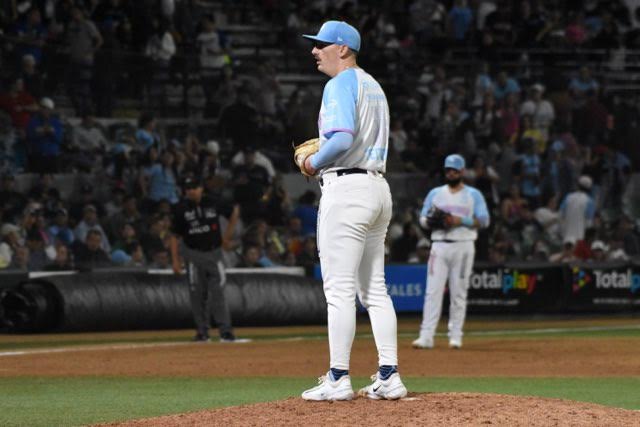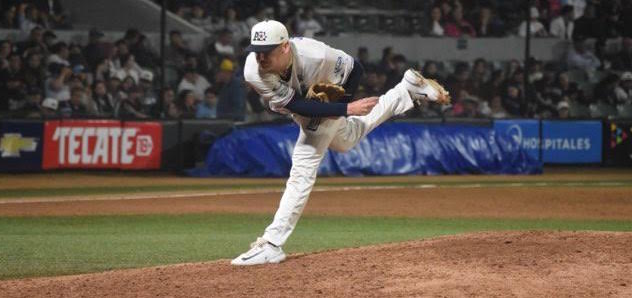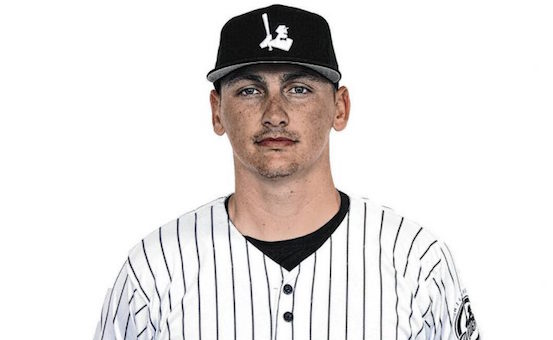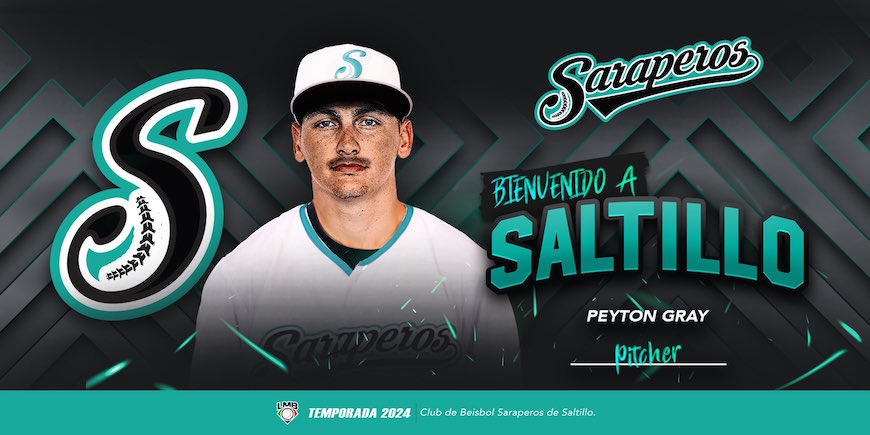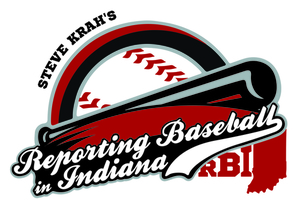
BY STEVE KRAH
A daily improvement mindset.
That’s what Luke Jaksich wants to see from the players who train with PRP Baseball at Mojo Up Sports Complex in Noblesville, Ind.
“Our goal is to make sure that each day they’re progressing whether it’s mechanical or mindset,” says Jaksich, a former collegiate pitcher who is now helping others. “It’s not just looking at the end goal, it’s looking to the daily goal. What are you focusing on that day to get better?
“The guys that come in consistently get the best results.”
Jaksich, who graduated from Andrean High School in Merrillville, Ind., in 2016 and Ball State University in Muncie, Ind., in 2021, was hired nearly three years ago as a performance coach and is now Assistant Director of Pitching.
Munster (Ind.) High School graduate Anthony Gomez, who is a bullpen coach for the Buffalo Bisons, Triple-A affiliate of the Toronto Blue Jays, is PRP’s Director of Pitching. Carmel (Ind.) High School alum Greg Vogt, who is rehab pitching coach for the Blue Jays organization, is PRP’s Founder/Director.
Jaksich, 26, and the staff work with 8-year-olds and big leaguers, including Cleveland Guardians left-hander Timmy Herrin and Miami Marlins right-hander Bryan Hoeing. There were upwards of 20 professional pitchers at PRP this winter. The place operates seven days a week November until early March with in-person and remote clients.
During the peak times, many weeks culminate with bullpens and pitchers going live against batters.
“Friday Compete Day is fun,” says Jaksich. “Those are always a good time.”
It’s slower now, but it will pick back up again at the end of May as college and high school seasons wind down.
“We’re attacking the little things with those older guys,” says Jaksich. “They might have one thing that needs to click from everything to get better.”
Jaksich notes that high schoolers and younger are still in the development stage.
“We do a couple of things at a time and make sure we’re really in-depth with what we’re working on,” says Jaksich. “We make sure they’re staying consistent with their work.
“Attention to detail is big. That is the biggest separator. Pro guys come in and get all their work done. High schoolers forget. We have to keep reminding them.”
Among those on the PRP staff working with pitchers besides Jaksich, Gomez and Vogt are Joey Romence, Nick Slone, Seth Story and Max McKee.
To ensure quality time with athletes, no more than about 25 come in during a block of time and they are helped by five or six coaches. Jacob Douglass leads the PRP hitting department.
“We have to balance it out to make sure we are very attentive on the floor when we’re coaching,” says Jaksich. “We try to find the factors that are going to benefit them. It’s not going to be the same thing for each guy. There’s no one way to do it. If there was, it would be a lot easier.
“As coaches, we have to keep gaining knowledge.”
Communication is key.
“The more an athlete can communicate with us about certain things they’re doing it’s more beneficial for them,” says Jaksich. “That proves that they’re learning and trying to get the best out of everything instead of them looking for answers from us. We want to get answers from them.”
“We talk with each person each day. We create that relationship where they can trust us for their development.”
Jaksich was born on the south side of Chicago and lived there until the eighth grade then moved to northwest Indiana.
He was with several travel ball teams including the Indiana Playmakers. He also played for the Northwest Indiana Oilmen of the Midwest Collegiate League (now Northern League).
Jaksich played for Indiana High School Baseball Coaches Association Hall of Famer Dave Pishkur at Andrean. Pishkur led the 59ers to Class 3A state championships in 2014 and 2015.
His high school pitching coach was Joe Plesac.
“Joe’s an awesome guy,” says Jaksich. “I stay in-touch with him.”
A member of the program in 2014, left-hander Jaksich started on the mound for Andrean in the 2015 championship game and pitched into the fifth inning before moving to first base.
From Andrean, Jaksich went to Saint Joseph’s College in Rensselaer, Ind. As a freshman in 2017, he started in 11 games and won three. That turned out to be the NCAA Division II Pumas’ final season as the school shut down and long-time head coach Rick O’Dette headed to Florida to guide the program at Saint Leo University.
Jaksich transferred to Ball State and hurled for the Rich Maloney-coached Cardinals 2018-21. At BSU, he made 65 mound appearances (51 in relief) with nine victories and one save and also earned General Studies degree with a Psychology minor.
He then pitched in six games with the 2021 independent American Association’s Sioux City (Iowa) Explorers before joining the coaching staff at Alderson-Broaddus University in Philippi, W.Va., where 2011 Westview High School graduate and former Saint Joseph’s assistant Zac Mishler was Battlers head coach. ABU closed in 2023.
Jaksich reflects back on his career.
“The minute I stopped caring about the result is when I started getting better,” says Jaksich. “That’s the way to go about this game. You’re going to fail. I stopped caring about being perfect out there.
“I wish I had more training like this when I played,” says Jaksich. “The private sector training has really taken off.”








